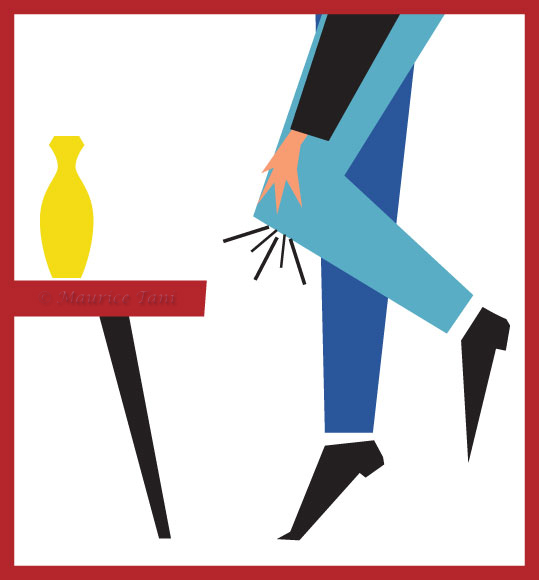Here’s a topic most job seekers give very little thought to: Where you interview. Would your interview be the same in a private office, as opposed to a conference room, a lunch room or restaurant, or how about a hotel or via telephone or video chat?
While the questions you could be asked might be the same, there is actually a difference in the way you interview based on the location of that interaction! The differences are subtle, but nonetheless real. While there hasn’t been much in-person interviewing this past year because of the Covid-19 virus, face-to-face meetings will hopefully return in the not-too-distant future. Being in the same room with your interviewer provides a stronger opportunity for establishing rapport, confidence and connection for both the business and the job candidate.
With the exception of phone and video chat interviews, which I’ll tackle in another post, I’ll do my best to describe the differences between interview locations. Try to visualize each scenario to best understand the subtleties described.
Let’s look at the office scenario first:
Guest chairs in most offices will usually be relatively stationary, comfy and cushiony, and you shouldn’t reposition them before you sit down even if invited to do so by your interviewer.
Things you may have brought with you like a purse, briefcase or portfolio should be placed on the floor to your side for easy access if needed. Never place anything on the interviewer’s desk, particularly if it is liquid like coffee or water!
Anything you want to present to your interviewer should be placed in their hands and let them decide where to put it on their own desk, minimizing the chance you’ll disrupt, move or cover up something, or worse, knock over a beverage on their desk.
Guest chairs are usually arranged slightly away from the interviewer’s desk revealing more about your body language and posture.
Despite the comfort and cushiness of those guest chairs, it is important that you don’t slouch and are sitting up straight, both feet on the floor, and looking as attentive as possible. Slouching will not project the confidence you want your interviewer to feel from you and lax posture could be perceived as arrogance.
Crossing your legs and leaning back will make you appear too comfortable and may not convey the seriousness of the reason you are in that space.
Be careful not to kick the interviewer’s desk.
In a conference room:
You could place any necessary items on the table to one side of you. But larger or distracting items should be put on the floor for access at the appropriate time.
If you want to take notes, your writing surface is the table, rather than in your lap.
If the conference room chairs swivel and tilt, try not to move around too much, as you’ll appear distracted and uncomfortable.
Sit up with your hands on the table or the chair’s armrests and keep your back straight.
You can cross your legs under the table.
You and the interviewer will be sitting relatively close to the table and your chairs will be almost parallel to the edge of the table that will minimize and restrict movement.
You and your interviewer will see each other’s upper torso, making it easier to focus on facial expressions; some body language clues may not be recognized because of the proximity to the table.
There are similar considerations if your interview takes place in a restaurant or coffee shop, but with a few differences.
In a public space, be aware of the loudness of your voice. You want to be heard over the ambient noise of the environment, but you also don’t want to share your comments with the whole room.
If you are invited to order food or drink, politely decline, but if you are compelled, opt for just a beverage. Food and drink in these situations can produce problems you definitely want to avoid.
Your interactions with others will be clearly on display, so be polite and respectful to those who work in and otherwise occupy that space.
In any of these scenarios, avoid fidgeting with your pen, jewelry, or other small objects like paper clips. Keep in mind that when you are in someone else’s territory, it is most prudent to demonstrate respect for the individual and their personal space. Regardless of the space, when you enter the room, look around to check for obstacles that you could trip over or where you could bang a shin so you can avoid any accidental clumsiness.
Can you think of any other important differences that should be considered in these different interviewing locations? These core considerations are subtle but important to keep in mind because the space you’re in really does make a difference.


